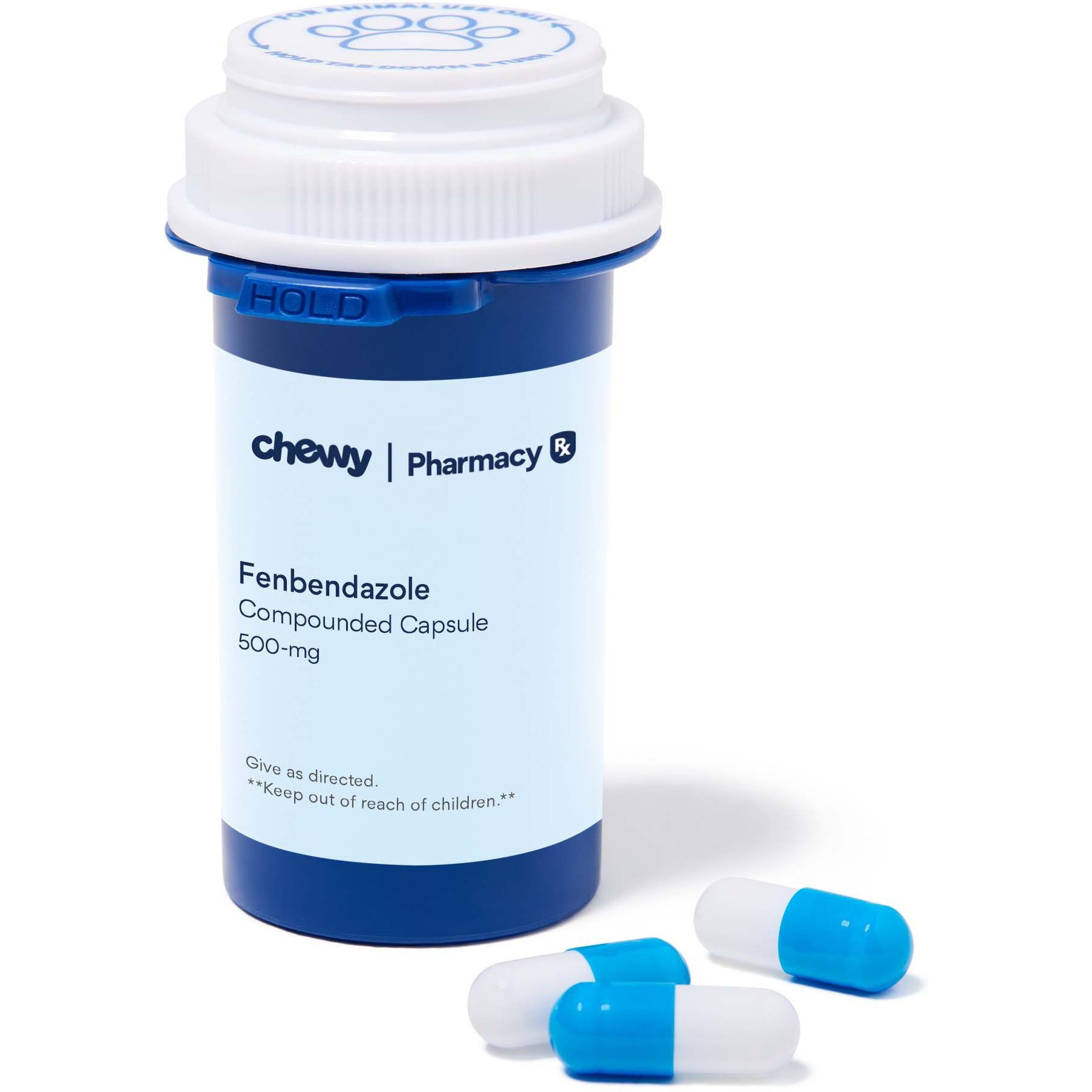222 mg fenbendazole: What You Should Know for Animal Health
Recognizing the Advantages and Uses of Fenbendazole in Veterinary Medicine
Fenbendazole has established itself as an essential anthelmintic in veterinary medication. Its ability to target different parasitical infections makes it a valuable device for veterinarians. The drug's mechanism disrupts crucial mobile procedures in bloodsuckers, causing efficient therapy outcomes. Nonetheless, its safety and security profile differs in between types, necessitating mindful consideration in its use. Recognizing these characteristics can clarify fenbendazole's wider implications in veterinary treatment and recurring research study into its potential past standard applications
System of Activity of Fenbendazole

Typical Parasitical Infections Treated With Fenbendazole
A variety of parasitic infections are efficiently treated with fenbendazole, making it a versatile choice in veterinary medication. This anthelmintic representative is specifically reliable against nematodes, consisting of roundworms and hookworms, which typically impact pet dogs and cats. It is also utilized for the therapy of cestodes, such as tapeworms, offering a broad range of activity against both kinds of digestive bloodsuckers. Furthermore, fenbendazole is advantageous in taking care of infections brought on by protozoa, especially Giardia, which can cause intestinal distress in animals. Its efficacy encompasses dealing with particular lungworms in pooches and felines, attending to respiratory system wellness issues connected to these parasites. On the whole, fenbendazole's capacity to target several parasitic species makes it a beneficial tool in vet technique, ensuring the health and well-being of animals affected by these usual infections.
Safety and Effectiveness in Various Pet Types
The safety and security and effectiveness of fenbendazole differ amongst different pet varieties, highlighting the significance of species-specific considerations in veterinary medicine. In dogs, fenbendazole is usually well-tolerated and effective against an array of intestinal parasites, including roundworms and hookworms. For felines, nevertheless, its use is much less usual and might require mindful application because of possible unfavorable reactions.
In livestock, such as cattle and lamb, fenbendazole demonstrates performance against different endoparasites, adding to boosted health and efficiency. The pharmacokinetics and prospective side effects can vary substantially in between types, demanding careful evaluation by vets.
Equines additionally respond positively to fenbendazole, particularly for dealing with strongyles and ascarids, though dose and management courses need to be customized to their unique physiology. Recognizing these differences is important for optimizing therapy results and making certain animal welfare across varied types.
Management and Dosage Guidelines
Proper management and dose standards are crucial for making best use of the therapeutic effects of fenbendazole while reducing potential Continue adverse effects. The dosage generally differs depending upon the types being dealt with, the details condition, and the formula of fenbendazole utilized. fenbendazole capsules. For canines and felines, a typical dose is 50 mg/kg body weight, carried out once daily for 3 successive days, yet veterinarians may adjust this based on private health analyses
It is essential to administer fenbendazole with food to improve absorption and minimize intestinal distress. The drug is available in numerous types, including granules and paste, allowing for adaptable administration alternatives. Keeping an eye on the pet's feedback during and after therapy is a good idea to confirm effectiveness and safety. In addition, vet assistance is essential to identify the suitable duration of treatment based upon the sort of parasitic infection being resolved, assuring ideal results for the animal's wellness.
Future Point Of Views and Research on Fenbendazole
Study on fenbendazole proceeds to evolve, focusing on its potential applications beyond standard antiparasitic usages. Current researches have actually discovered its performance in treating various forms of cancer cells, particularly in veterinary oncology. Preliminary data suggest that fenbendazole might inhibit the growth of lump cells and improve the results of various other chemotherapeutic agents.
Additionally, researchers are investigating its duty in handling food poisonings in pets, highlighting its anti-inflammatory buildings. The adaptability of fenbendazole for various varieties increases concerns regarding its safety and security accounts and perfect application programs in diverse populaces.
As rate of interest grows, there is a demand for detailed clinical tests to develop here are the findings evidence-based guidelines for these novel applications. Future study might additionally explore the mechanisms behind fenbendazole's effects, potentially leading the way for ingenious therapeutic techniques in veterinary medication. The recurring expedition of fenbendazole might substantially enhance therapy options for numerous click here to read veterinary conditions.

Often Asked Inquiries
Is Fenbendazole Safe for Pregnant Animals?
The security of fenbendazole for expecting animals stays unclear. While some research studies recommend very little danger, veterinarians normally suggest caution and typically discourage its usage while pregnant unless the advantages clearly surpass prospective dangers.
Can Fenbendazole Be Made Use Of in Livestock?
Fenbendazole is frequently utilized in animals to deal with various parasitical infections. fenbendazole 444. Its efficiency against intestinal worms makes it a beneficial anthelmintic, adding to improved wellness and performance in animals increased for food and fiber
What Are the Negative Effects of Fenbendazole?

The negative effects of fenbendazole might consist of gastrointestinal disturbances, sleepiness, and allergies. In uncommon instances, more severe reactions could happen, requiring mindful surveillance and appointment with a vet throughout treatment.
Exactly How Does Fenbendazole Compare to Various Other Dewormers?
Fenbendazole offers broad-spectrum effectiveness against numerous bloodsuckers, usually comparing positively to other dewormers. Its unique device targets different life stages, making it reliable, while usually providing a favorable safety and security profile compared to alternatives offered on the marketplace.
Can Fenbendazole Be Utilized for Dealing With Cancer Cells in Pet Dogs?
The possibility of fenbendazole in treating cancer cells in family pets has actually garnered rate of interest. Initial research studies recommend it might prevent cancer cell development, but even more research is necessary to verify its efficiency and safety in vet oncology.